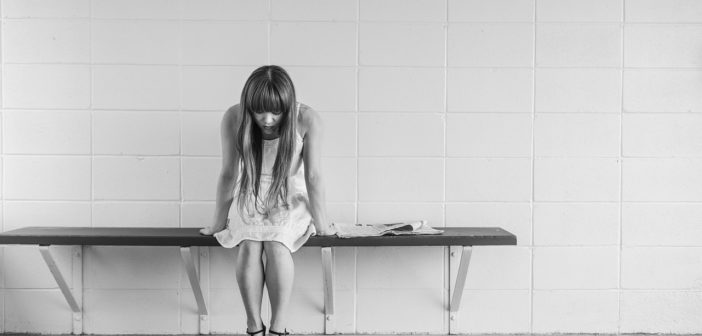This last week has been a bit of a hard one, with the deaths of Kate Spade and Anthony Bourdain closely following each other.
This news has me more torn up and confused than I like to admit. I have always been open about my previous struggles with postnatal depression and shared them through several pieces I wrote about the three crippling years I had after I gave birth. I have considered myself “cured” for the last two years, having had a taste of real happiness in Beijing.
These deaths shook me up and reminded me that mental health is never really perfect, however nice it might seem on the outside. I struggle every day and while most days are great, some are not. I have had an extensive therapy for three years and still take an antidepressant five years after I started taking it.
A few months ago after my stomach surgery, there was a week that I could not take my antidepressant. Let’s just say it’s better if I kept taking them. These last few days have been a stark reminder that we are never really done working on our mental health.
Bourdain, a chef-turned-writer, died by suicide, and all I could think of was, “I am a chef-turned-writer.” I never thought about it before, but it seems that people who have previously battled with depression can have survivor guilt. There is a huge stigma about depression and mental health and we need to work together to break the barriers.
Dr. Julia Ma, a psychologist at Sanfine International Hospital calls depression a “dark time” and “a state of low mood… it affects someone’s behavior, feelings, and thoughts.” Many incidents can induce depression, such as life events (e.g. death of a loved one, unemployment, stress, or natural disaster among others), illnesses, side effects of medication, or substance abuse. She adds that a number of people with depression have strong suicidal tendencies.
“Since it is often difficult for a person suffering from depression to get through the ‘dark time’ all by him/herself, I strongly recommend family members and friends take the person to a psychiatrist for a diagnosis and treatment if necessary,” Ma advises.
It’s important to know that nobody is ever done taking care of their mental health; it’s a work in progress. Support is key, and I’ve added some resources in Beijing that help. Find additional information here.
– General practitioners are usually the first point of contact, and they are able to refer you to the correct place. Find one who you trust.
– CandleX is an NGO based in Beijing and they run support groups.
– LifeLine Shanghai accepts China-wide calls for year-round free, confidential, and anonymous emotional support. 10am-10pm. 6279 8990; www.lifeline-shanghai.com
Photo: Pixabay




